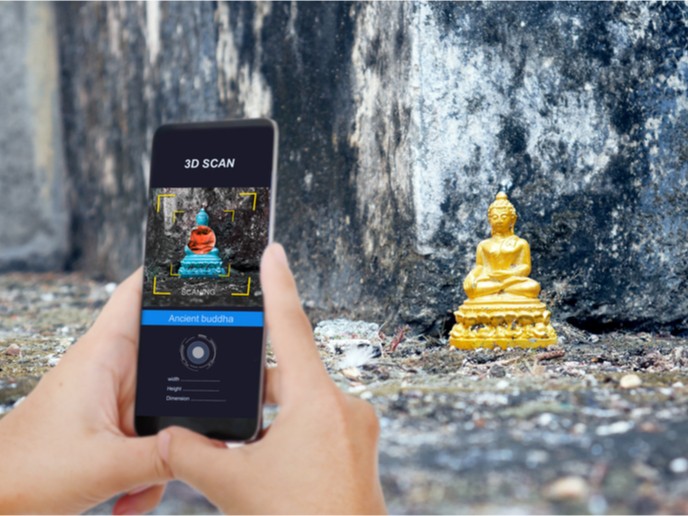New insights on the impact of excessive screen time
It is estimated that, globally, the average person spends nearly seven hours of their day looking at a screen. Whether it be a computer, phone or e-reader, screen time continues to increase – by as much as 50 minutes per day since 2013! “Time spent using screen-based media devices is ubiquitous in the everyday life of most children and adults in all societies around the world,” says Anders Grøntved, a professor of Health Sciences at the University of Southern Denmark(opens in new window). “But what effect, if any, does this excessive screen time have on our overall health and well-being?” With the support of the EU-funded SCREENS project, Grøntved decided to find out.
Taking a different approach
The goal of the project was to better understand the potential causal effects of digital screen use on the health and behaviour of children and adults. “Most studies in this field have been observational or conducted in artificial lab-based research settings, meaning their evidence for a causal relationship between digital screen time and health have been weak – at best,” explains Grøntved. This is why the SCREENS project, which received support from the European Research Council(opens in new window), decided to take a different approach and design a new research platform for methodologically and objectively assessing digital screen use. Using various software applications developed for a range of device types and a new standardised parent- and self-reported questionnaire, the platform allowed researchers to measure participants’ digital screen use over the long term and in free-living environments. “To our knowledge, this is the first platform of assessment tools designed for research to not only comprehensively assess children’s screen media habits and the screen media home environment, but also assist in identifying possible targets for effective intervention,” adds Grøntved.
Results that are both concerning and surprising
Using this assessment platform, researchers conducted a trial study involving 345 participants from 89 families. What they learned was both concerning and surprising. For instance, researchers found that limiting digital screen use during leisure time in families with children results in a substantial increase in the amount of time children spend being active. However, there is no evidence to show that limiting adults’ digital use will impact their habitual activity patterns. “Perhaps surprisingly, we found no evidence that limiting screen use affected children’s sleep duration or quality,” says Grøntved. “However, limiting digital screen use during an adult’s leisure time does positively impact sleep duration, along with improving one’s overall mental well-being and mood.” Another important finding is that children of lower-educated parents and children living with a single parent have a substantially greater prevalence of problematic screen use. Furthermore, researchers observed that parents’ screen media habits, their attitudes towards screen use, and household screen media rules were strongly associated with their children’s recreational screen use. “We also found that parental smartphone addiction, an indicator of excessive smartphone use, was consistently associated with more externalising and internalising behavioural problems and overall behavioural difficulties in their children,” notes Grøntved.
More work to be done
Not only has the SCREENS project succeeded at shedding new light on an ongoing public health question, it has done so with methodological precision. Yet while the project itself is finished, the work is far from over. “We are currently working on other data from the trial to investigate the extent that children’s behavioural and emotional problems, family cohesion, and the time spent together as a family are affected by limiting screen use,” concludes Grøntved.







